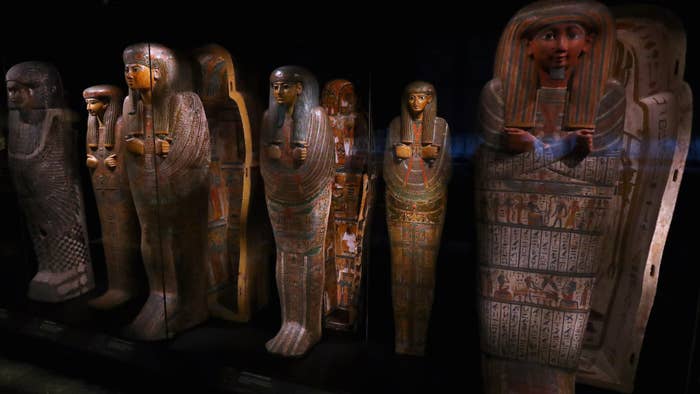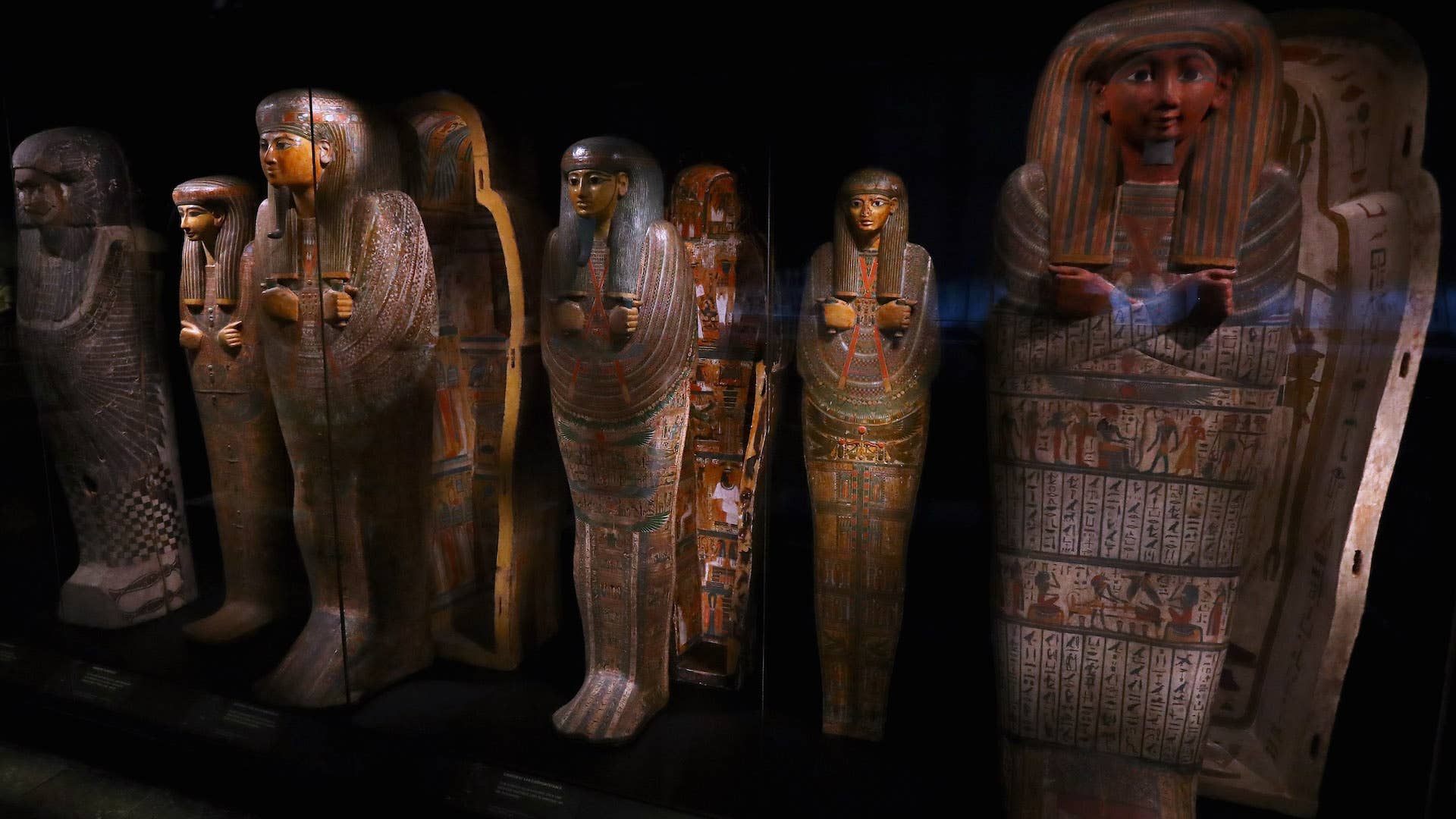
The remains of an ancient city has been discovered in Egypt, which is said to be the largest ever found in the country.
CBS News reports that archaeologists have unearthed the remains in the desert near Luxor, Egypt, where the Valley of the Kings is located. The newly uncovered site is 3,000 years old, from a golden age time period of the pharaohs, with Egyptologist Zahi Hawass naming the area the “lost golden city.”
“The Egyptian mission under Dr. Zahi Hawass found the city that was lost under the sands,” the excavation team announced in a statement on Thursday. “The city is 3,000 years old, dates to the reign of Amenhotep III, and continued to be used by Tutankhamun and Ay.”
Excavations began in September 2020, between the temples of Ramses III and Amenhotep III, outside Luxor, which is 300 miles south of Cairo. “Within weeks, to the team’s great surprise, formations of mud bricks began to appear in all directions,” the statement added.
“What they unearthed was the site of a large city in a good condition of preservation, with almost complete walls, and with rooms filled with tools of daily life.” The team found jewelry, colored pottery vessels, scarab beetle amulets, and mud bricks stamped with Amenhotep III’s seals. “Many foreign missions searched for this city and never found it,” Hawass said.
Seven months of excavations revealed a number of neighborhoods, administrative and residential districts, as well as a bakery that housed ovens and storage pottery. “The archaeological layers have laid untouched for thousands of years, left by the ancient residents as if it were yesterday,” the team’s statement said. “The mission expects to uncover untouched tombs filled with treasures.”
Amenhotep III took over an empire that extended from the Euphrates River in modern-day Iraq and Syria, to Sudan. He passed away around 1354 BC, after reigning for almost 40 years. His empire was known for its wealth and impressive monuments, like the Colossi of Memnon, two towering stone statues of him and his wife that are located near Luxor.

